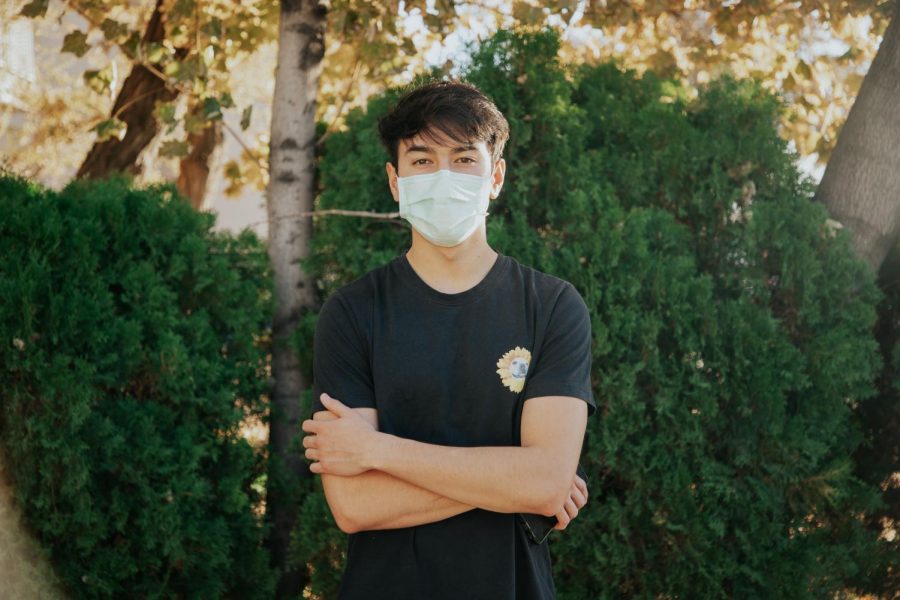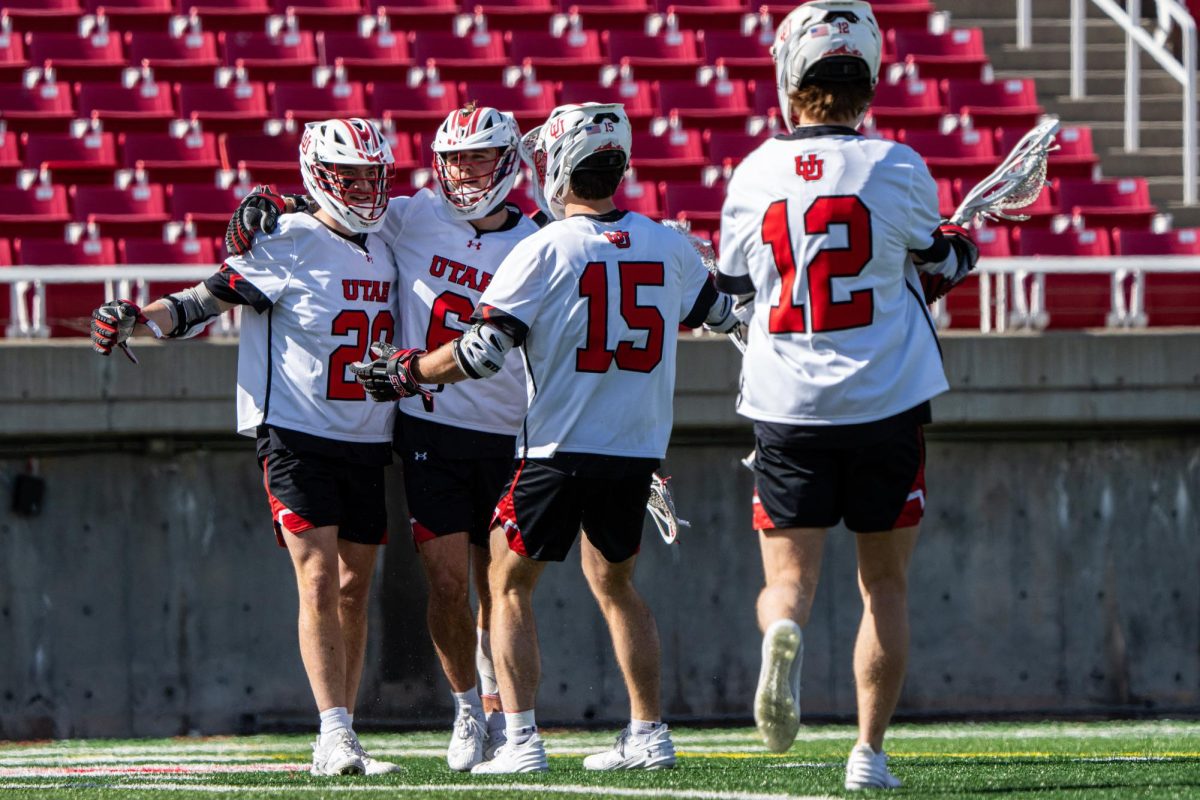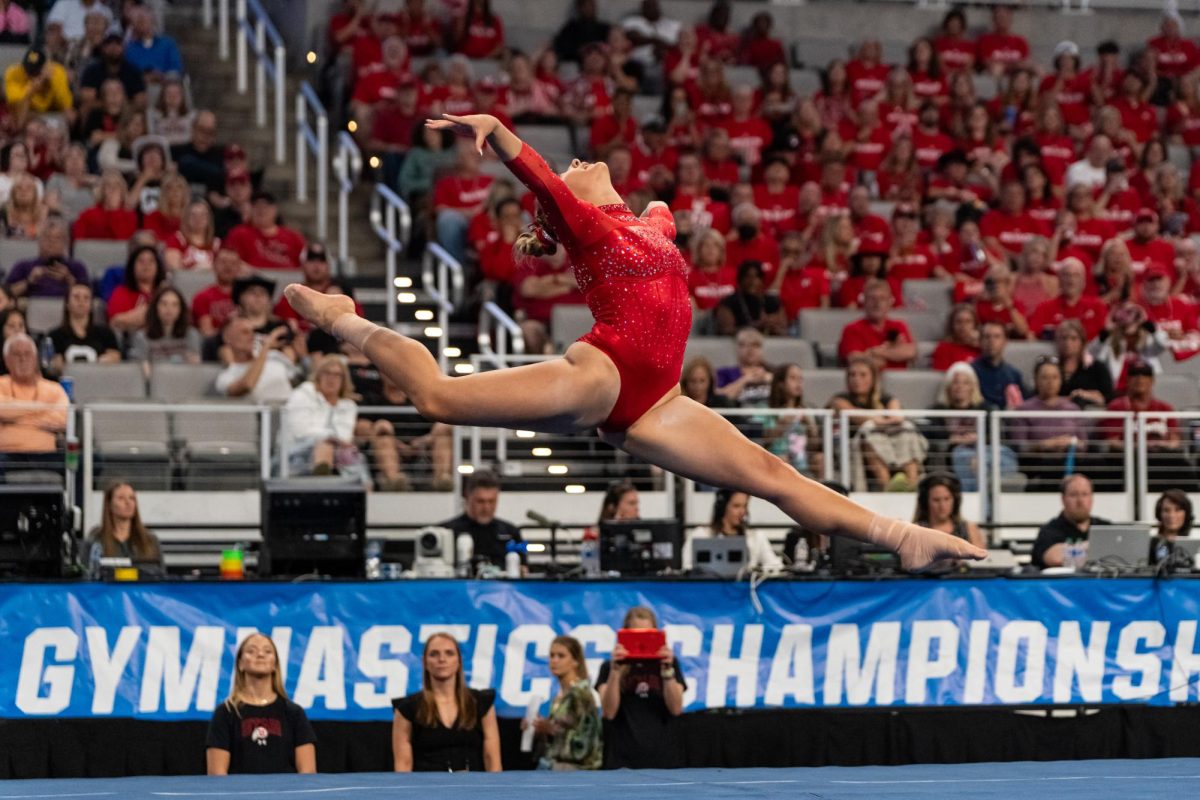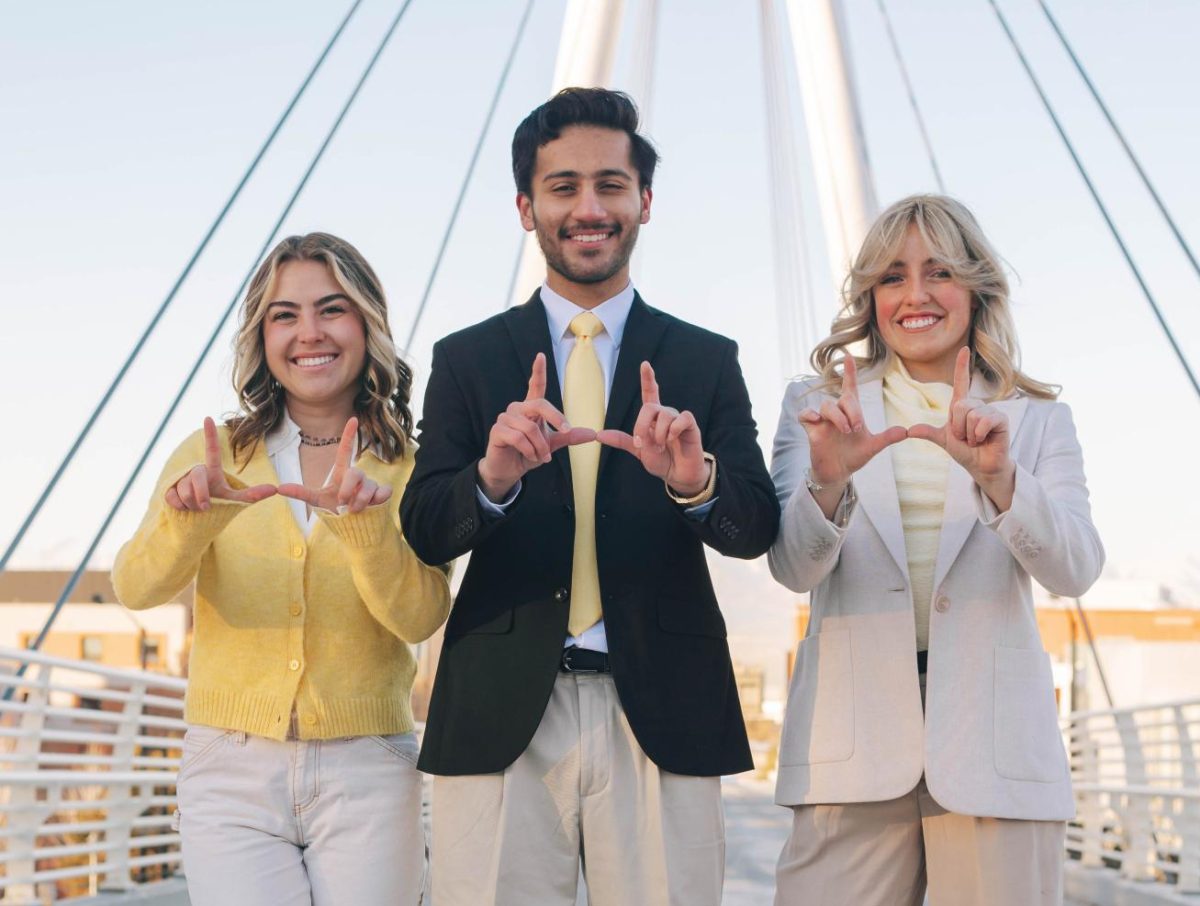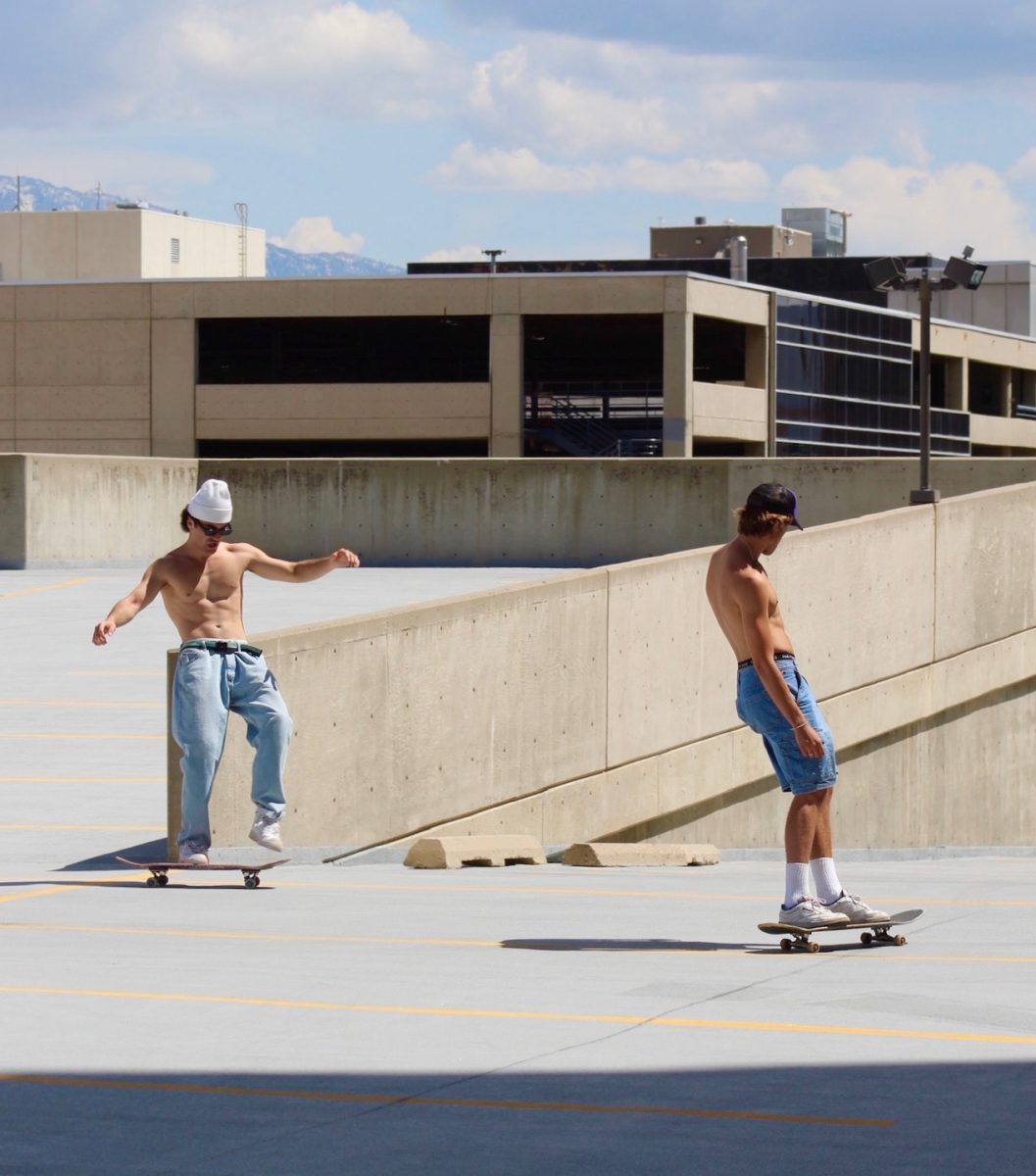Poma: A Vaccine Will Help Curb the Pandemic, but We’re Not Off the Hook
Joshua Seeley, wears his mask out and about to help stop the spread of COVID-19 on Tuesday in Salt Lake City. (Photo by Maya Fraser | The Daily Utah Chronicle)
December 3, 2020
As soon as the COVID-19 lockdown began, people began banking their hopes that a vaccine would be ready by the end of the year. Some clinical trials started as soon as late March. Now, a handful of companies are already awaiting FDA approval for widespread distribution, which is the fastest a vaccine has ever been developed. But the pandemic isn’t over quite yet. While there’s no doubt that we need a vaccine to curb the spread of the coronavirus, that does not mean we can stop being careful, especially since many of us will have to wait till July or later to access these vaccines.
Utah’s distribution plan is already underway, but there are still a lot of unknowns at play. The plan starts with doctors, nurses and other healthcare workers receiving the vaccine. Every month, new groups, such as essential workers, will be given access to the vaccine, ending with the general public by July 2021. While the speed at which the vaccine has been in the making is truly admirable, with multiple vaccines in the final phases of testing before distribution, we can’t celebrate just yet. First, we need to consider what could happen while we wait for everyone in the state and the country to get vaccinated.
Again, it will be at least several months before the general public can obtain a dose of the vaccine. We also need to consider that all but one of the vaccines in clinical trials will require two injections for protection against the virus. This factor will likely mean an even longer wait for herd immunity. Keep in mind, too, that our numbers already don’t look good. Utah is still reporting thousands of cases every day. And if COVID-19 is not curbed by the summer of 2021, it’s likely we’ll see a repeat of what happened this past summer, where many people took the lower case counts to mean we were safe.
So who should be responsible for slowing the spread of the virus until then? Unfortunately, the Utah government has shown that they cannot do that for us. After all, it took Governor Gary Herbert several months, hundreds of deaths and many crowded hospitals to sign off on a statewide mask mandate. It’s also highly unlikely a mask mandate will be implemented on the national level while President Trump is still in office. Given all this, the responsibility to protect our communities falls on us. We all have a duty to be responsible until everyone has access to the vaccine. That’s the whole idea behind the “new normal” — nothing will go back to how it was before the pandemic, and we must make do with the information we have now.
In addition to the backlash against safety measures, many worry that the vaccine will be expensive and inaccessible to people who need it most. However, coverage plans exist on the state and national level. For Utah specifically, the vaccine itself will be free, although there may be an administration fee depending on the clinic. That fee can still be covered under the recipient’s insurance or through relief funds for the uninsured. Even so, only half of Americans say they will take an FDA approved vaccine when it’s available. That’s alarming, especially when we all know how easily the virus spreads.
Even though the vaccine will be effective against the manifestation of the disease through symptoms, it hasn’t yet been found to prevent the actual infection. This means you could still carry the virus after vaccination, and risk spreading it to someone who hasn’t been vaccinated. This can be particularly harmful to older adults, those who are immunocompromised, and even young children, whose immune system differences make it so they will not be vaccinated until months after most adults. These factors are all the more reason to continue following safety guidelines. No level of personal defiance justifies putting these groups in danger.
These next several months are crucial for curbing the spread of COVID-19. If most people get vaccinated, we will be doing so much to help healthcare workers, those who cannot yet receive the vaccine and ourselves. But a vaccine isn’t going to knock out the virus in one fell swoop, and people shouldn’t treat it like it will. We all may be tired of hearing this by now, but we need to follow safety precautions as much as we need a vaccine. One does not replace the other. The best things we can do now behave safely, stay up to date and be prepared for what’s to come.


